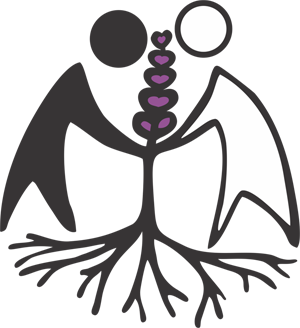Frequently asked questions
Here you'll find answers to a series of questions frequently asked at our awareness-raising workshops.
Should I call the ambulance if I have an epileptic seizure?
Following an epileptic seizure, it is generally not necessary to call the ambulance except in the following cases:
- The seizure lasts more than 5 minutes;
- The person is injured;
- The crisis occurs in the water;
- Seizures follow one another without returning to normal;
- The person does not regain consciousness once the seizure is over;
- Breathing does not return to normal once the seizure is over;
- The person regains consciousness after the seizure, but remains confused for more than an hour afterwards;
- The person having the seizure is pregnant or diabetic. This is the first seizure observed in a person.
Can I drive if I have epilepsy?
According to the Société de l'Assurance Automobile du Québec, a diagnosis of epilepsy is not necessarily an obstacle to driving a motor vehicle, provided the epilepsy is under control. If this is not the case, it is generally necessary to cross the road. a 6-month crisis-free period before you can apply to the SAAQ to obtain or re-obtain a driver's license (for a passenger vehicle).
In addition, the applicant must also send the SAAQ a medical certificate from your neurologist, and declare any changes in your state of health that could affect your driving.
Can epilepsy be cured?
In around 70% of people with epilepsy, pharmacological treatment can help control attacks. So, despite the fact that neurological dysfunction persists, taking medication reduces the impact of epilepsy on the individual's life.
However, in around 30% of cases, epilepsy remains refractory to medication. This means that pharmacological treatment is insufficient to control seizures. In such cases, surgery to improve seizure control may be considered.
Is epilepsy recognized as a disability?
Not all epilepsies are disabilities. Epilepsies whose seizures are well controlled by treatment and without associated disorders do not constitute a handicap. Conversely, all active epilepsy is a disability.
Can a person swallow his tongue?
No, it's physically impossible to swallow your tongue.
On the other hand, after a tonic-clonic epileptic seizureThis can lead to muscle relaxation. The tongue can then collapse towards the throat, obstructing the airway. That's why it's important to put the person in lateral safety position. This will also prevent choking if she vomits or regurgitates.Should you put anything in the mouth of someone having an epileptic seizure?
Never put an object in the mouth of a person having an epileptic seizure. It could cause serious injury to the person having the seizure, or to the person trying to help.
Instead, simply proceed as follows:
- Keep away from dangerous objects;
- Loosen neck restraints (tie, scarf, etc.);
- Take off your glasses;
- Put a cushion or a folded piece of clothing under your head;
- Gently turn her onto her side in the lateral safety position.
Should a person having an epileptic seizure be restrained to prevent them from moving?
Do not attempt to control the person. Put your own safety first, by applying the basic rules. However, moving may be necessary if there is an immediate danger.
Is epilepsy fatal?
Epilepsy is not fatal in itself. However, death can occur accidentally, for example in the event of a fall or drowning. In very rare cases, a person living with epilepsy may die suddenly without any apparent cause. This phenomenon is known as « sudden unexpected and unexplained death in epilepsy » (MSIE). He performs at about 1 in 1000 adults and 1 in 4500 children.
Heart rhythm dysfunction caused by electrical discharges to the brain and respiratory arrest during the seizure may be partly responsible. People living with epilepsy may also be affected.














